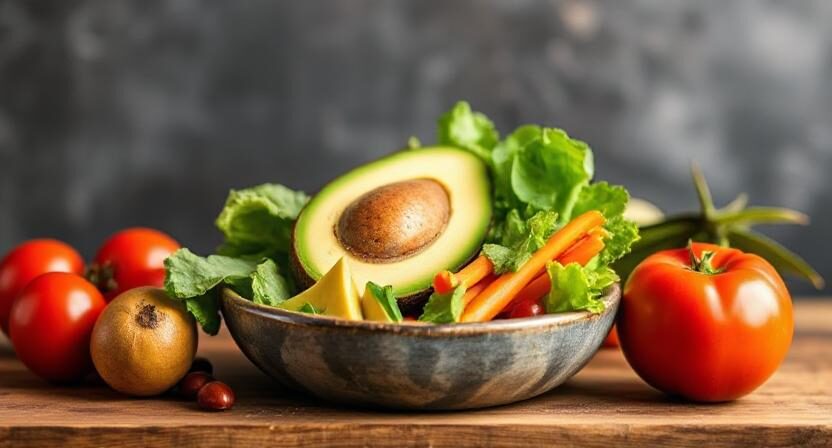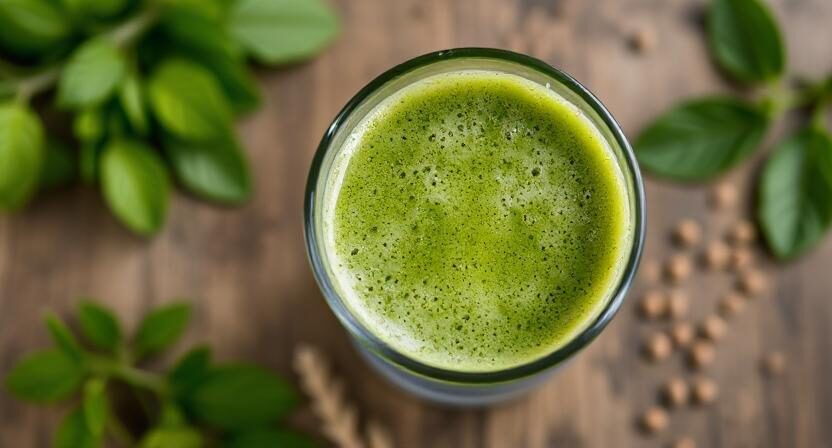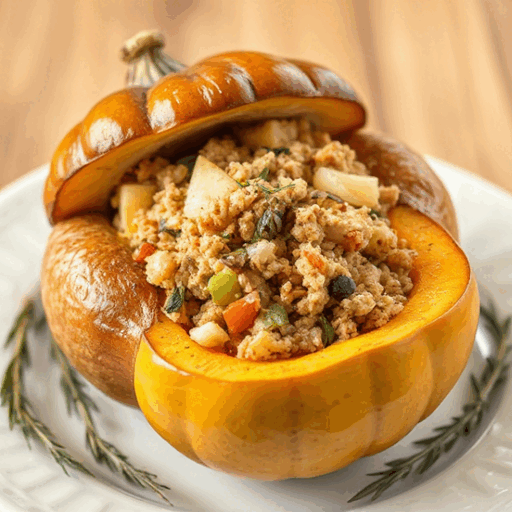Inflammation is the body’s natural defense mechanism against infection, injury, and toxins. While acute inflammation is essential for healing, chronic inflammation can contribute to serious health problems such as heart disease, diabetes, arthritis, and even cancer. The good news is that your diet plays a crucial role in controlling inflammation. Consuming anti-inflammatory foods can help reduce chronic inflammation, support the immune system, and promote overall well-being.
This article explores the best anti-inflammatory foods, their benefits, and how to incorporate them into your daily meals.
What is Inflammation and Why Does It Matter?
Before we dive into the best anti-inflammatory foods, let’s understand what inflammation is and why it can be both helpful and harmful.
The Two Types of Inflammation
- Acute Inflammation: This is a short-term response to injury or infection. It helps the body heal and fight off harmful invaders. Symptoms include redness, swelling, pain, and heat.
- Chronic Inflammation: When inflammation persists over a long period, it can become harmful. Chronic inflammation has been linked to various diseases, including heart disease, Alzheimer’s, obesity, and autoimmune disorders.
By incorporating anti-inflammatory foods into your diet, you can help reduce chronic inflammation and support your body’s natural healing processes.
Top Anti-Inflammatory Foods and Their Benefits
- Beets
Beets are rich in betalains, which have powerful anti-inflammatory and antioxidant properties. They also help detoxify the liver and improve blood circulation.
How to Use:
- Add grated beets to salads.
- Blend beets into smoothies for a natural sweetness.
- Roast beets with olive oil and herbs for a delicious side dish.
- Seeds (Pumpkin, Chia, Flax, and Sunflower Seeds)
Seeds are packed with omega-3 fatty acids, fiber, and antioxidants that help fight inflammation and support heart health.
How to Use:
- Sprinkle seeds over oatmeal, yogurt, or salads.
- Blend them into smoothies for extra nutrients.
- Make homemade energy bars using seeds and nuts.
- Ginger
Ginger is widely known for its powerful anti-inflammatory and pain-relieving properties. It helps reduce muscle soreness, ease arthritis symptoms, and improve digestion.
How to Use:
- Drink ginger tea daily.
- Add freshly grated ginger to soups, stir-fries, and smoothies.
- Use ginger powder in baking and cooking.
- Berries (Blueberries, Strawberries, Raspberries, Blackberries)
Berries are loaded with antioxidants called anthocyanins, which help reduce inflammation and oxidative stress.
How to Use:
- Eat a handful of berries as a snack.
- Blend them into smoothies.
- Add them to oatmeal, yogurt, or salads.
- Almonds
Almonds are rich in healthy fats, vitamin E, and fiber, all of which help fight inflammation and improve heart health.
How to Use:
- Eat a handful of raw almonds as a snack.
- Add sliced almonds to salads and oatmeal.
- Use almond butter as a spread on whole-grain toast.
- Broccoli
Broccoli is a cruciferous vegetable that contains sulforaphane, a compound known for its anti-inflammatory and detoxifying effects.
How to Use:
- Steam or roast broccoli with garlic and olive oil.
- Blend it into soups and green smoothies.
- Add raw broccoli to salads for a crunchy texture.
- Fatty Fish (Salmon, Sardines, Mackerel, Tuna)
Fatty fish are among the best sources of omega-3 fatty acids, which help reduce inflammation and support brain and heart health.
How to Use:
- Grill or bake salmon with lemon and herbs.
- Add sardines to salads and sandwiches.
- Make homemade fish tacos using grilled fish.
- Leafy Greens (Spinach, Kale, Swiss Chard)
Leafy greens are packed with vitamins, minerals, and phytonutrients that help fight inflammation and support overall health.
How to Use:
- Add leafy greens to smoothies.
- Use them as a base for salads and grain bowls.
- Sauté greens with garlic and olive oil for a healthy side dish.
- Oil (Olive Oil, Coconut Oil, Avocado Oil)
Olive oil is one of the best sources of healthy fats and contains oleocanthal, which has similar anti-inflammatory effects as ibuprofen.
How to Use:
- Drizzle olive oil over salads and roasted vegetables.
- Use coconut oil for cooking and baking.
- Add avocado oil to homemade salad dressings.
- Lemons
Lemons are rich in vitamin C and antioxidants, which help reduce inflammation and support immune function.
How to Use:
- Drink warm lemon water in the morning to detoxify the body.
- Add fresh lemon juice to salads and seafood dishes.
- Use lemon zest in baking and cooking.
- Cherries
Cherries contain anthocyanins, which help reduce inflammation and muscle soreness.
How to Use:
- Eat fresh cherries as a snack.
- Drink tart cherry juice for joint pain relief.
- Add cherries to smoothies and desserts.
- Walnuts
Walnuts are a great source of plant-based omega-3s and antioxidants that help combat inflammation.
How to Use:
- Add walnuts to salads, oatmeal, and yogurt.
- Blend them into homemade pesto.
- Snack on raw or toasted walnuts.
- Turmeric
Turmeric contains curcumin, a compound with strong anti-inflammatory and antioxidant properties.
How to Use:
- Make golden milk with turmeric, milk, and honey.
- Add turmeric to soups, stews, and curries.
- Take turmeric supplements with black pepper for better absorption.
- Pineapples
Pineapples contain bromelain, an enzyme that helps reduce inflammation and improve digestion.
How to Use:
- Eat fresh pineapple slices.
- Blend pineapple into smoothies.
- Add pineapple to salads and salsas.
- Whole Grains (Quinoa, Brown Rice, Oats, Barley)
Whole grains are packed with fiber, which helps reduce inflammation and support digestive health.
How to Use:
- Eat oatmeal for breakfast.
- Replace white rice with quinoa or brown rice.
- Use whole-grain bread and pasta in your meals.
- Sweet Potatoes
Sweet potatoes are rich in beta-carotene, fiber, and antioxidants, which help fight inflammation and support skin health.
How to Use:
- Roast sweet potatoes with olive oil and spices.
- Make sweet potato soup or mash.
- Use them in baking as a natural sweetener.
How to Incorporate More Anti-Inflammatory Foods Into Your Diet
- Start Your Day Right: Begin with a smoothie made of berries, spinach, and flaxseeds.
- Opt for Healthy Snacks: Choose almonds, walnuts, or pumpkin seeds over processed snacks.
- Make Simple Swaps: Replace white rice with quinoa or brown rice.
- Cook with Anti-Inflammatory Spices: Use turmeric, ginger, and garlic in your meals.
- Stay Hydrated: Drink green tea and lemon water daily to support detoxification.
Final Thoughts
An anti-inflammatory diet is one of the best ways to prevent chronic diseases and improve overall health. By incorporating these powerful foods into your daily routine, you can naturally reduce inflammation, boost your immune system, and feel your best.
Start small—add one or two of these foods to your meals each day and gradually make them a staple in your diet. Your body will thank you!












